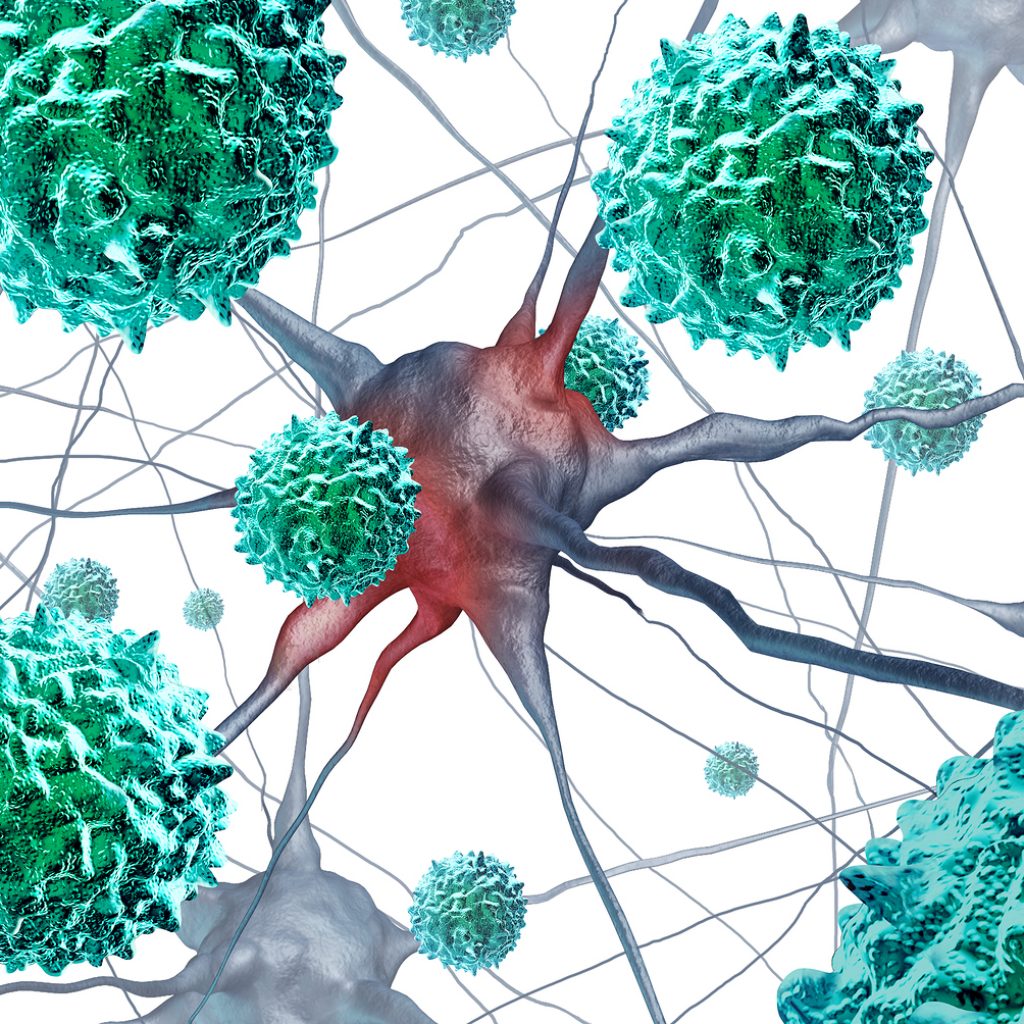Understanding Sleep Apnea in Neurology
This article on understanding sleep apnea was originally published in April 2019 and has been updated as of July 2024.
Sleep apnea is a common sleep disorder that affects millions of people worldwide. It is characterized by pauses in breathing or periods of shallow breathing during sleep. These disruptions can lead to a host of health issues, ranging from daytime fatigue to cardiovascular problems. However, the impact of this sleep disorder extends beyond these physical symptoms, affecting neurological functions as well.
Sleep Apnea Can Cause Neurological Problems
From a neurological perspective, sleep apnea (SA) is particularly concerning because of its potential to interfere with brain function. During an apneic event, the brain is momentarily deprived of oxygen, which can cause a person to wake up briefly. These repeated awakenings, often unnoticed by the individual, prevent the brain from cycling through the necessary stages of sleep, especially the deep, restorative phases.
Research has shown that certain neurological conditions, such as myasthenia gravis, Parkinsonism, and myotonic dystrophy, may increase the risk of developing SA. This is attributed to the impairment of nerves controlling the upper airway muscles, leading to a higher likelihood of obstruction during sleep. Furthermore, obstructive sleep apnea (OSA) has been linked to various neurological disorders, including neurodegenerative diseases, stroke, epilepsy, and even headaches. There is growing evidence to suggest that OSA may accelerate the onset of mild cognitive impairment and Alzheimer’s disease, and it might also be an independent risk factor for Parkinson’s disease.
The Effects on Cognitive Functions
 The cognitive impairments associated with untreated OSA are significant. Problems with memory, mood, and alertness are common, and researchers believe that sleep apnea may cause brain damage due to chronic sleep deprivation, oxygen deficiency, and the breakdown of the blood-brain barrier. This raises the question of whether the brain damage caused by sleep apnea is reversible. While some cognitive functions may improve with the treatment of sleep apnea, the extent of recovery can vary among individuals.
The cognitive impairments associated with untreated OSA are significant. Problems with memory, mood, and alertness are common, and researchers believe that sleep apnea may cause brain damage due to chronic sleep deprivation, oxygen deficiency, and the breakdown of the blood-brain barrier. This raises the question of whether the brain damage caused by sleep apnea is reversible. While some cognitive functions may improve with the treatment of sleep apnea, the extent of recovery can vary among individuals.
The relationship between sleep architecture and cognitive function is also an area of active research. Studies are investigating how the microarchitecture of sleep and OSA influence cognition over time. These studies aim to understand the long-term effects of SA on mental processes and how it may contribute to the progression of dementia.
Research and Treatment of Sleep Apnea
In conclusion, understanding SA from a neurological viewpoint highlights the importance of recognizing and treating this sleep disorder. It is not only a matter of improving sleep quality but also of preserving cognitive function and neurological health. As research continues to uncover the intricate connections between sleep apnea and the brain, it becomes increasingly clear that addressing SA is crucial for overall well-being.
For those interested in learning more about the neurological implications of sleep apnea and its treatment, resources are available at reputable medical institutions and through specialized care providers. It is essential for individuals experiencing symptoms of sleep apnea to seek professional medical advice to mitigate the potential neurological impacts of this condition.
Resources:
NIH.gov – https://www.ncbi.nlm.nih.gov/pmc/articles/PMC10225127/
Mayo Clinic – https://www.mayoclinic.org/diseases-conditions/central-sleep-apnea/symptoms-causes/syc-20352109
American Academy of Neurology (AAN) – https://www.aan.com/PressRoom/Home/PressRelease/5089














